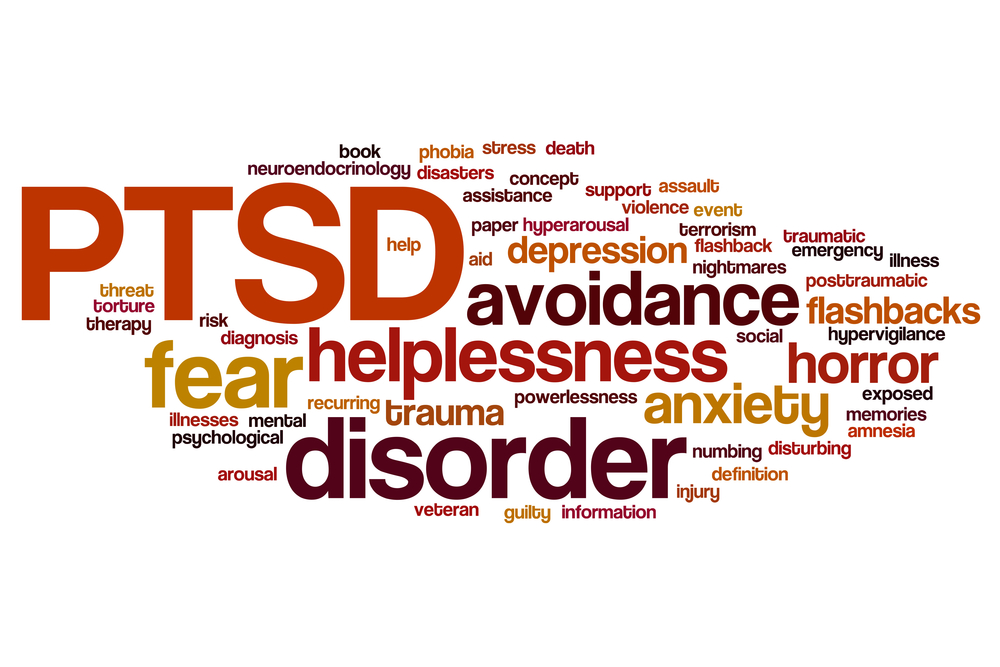
Anxiety symptoms that are frequent and severe are a common battle for people with post-traumatic stress disorder (PTSD). People with PTSD frequently rely on harmful coping mechanisms, such as drug or alcohol addiction, as a result of these severe anxiety symptoms. While professional therapy is always a great option for PTSD treatment, there are several effective coping mechanisms you can use at home. These techniques might lower the anxiety’s frequency, lessen its severity, and/or make it more manageable.
Deep Inhalation
Although it may seem absurd, many people do not breathe properly. Your diaphragm, a big muscle in your abdomen, is involved in natural breathing. Your belly should enlarge as you inhale. Your tummy should drop when you exhale.
People eventually lose the ability to breathe in this way and start breathing with their chest and shoulders. Breathing becomes shallow and quick as a result, which can make anxiety and stress worse.
Fortunately, you may easily learn how to breathe deeply from your diaphragm again and give yourself some stress defense.
Utilizing relaxation techniques might help you manage your stress and anxiety.
The goal of progressive muscle relaxation is to alternately tense and relax various muscle groups all over the body. This technique for unwinding is comparable to a pendulum. You can achieve complete muscular relaxation by first taking the opposite action (that is, by tensing your muscles).
Additionally, by tensing your muscles (a typical anxiety symptom) and then quickly relaxing them, the muscle tension symptom may eventually turn into a signal to relax.
Being aware can be highly beneficial in PTSD Treatment
There has long been a mindfulness movement. However, experts in the field of mental health are starting to understand how beneficial mindfulness may be for those suffering from despair and anxiety.
Being mindful means paying attention to and being present in the moment. We get mired in our thoughts and the stress and problems of everyday life far too frequently. You can become more in the moment and less preoccupied with your thoughts by practicing mindfulness.
Self-monitoring is a good strategy for managing your PTSD symptoms.
Everybody is a creature of habit. We frequently go about our days without stopping to consider much of what is going on around us.
This could be helpful in some circumstances, but other times, it might make us feel as though our thoughts and feelings are totally unpredictable and out of our control. Without first being aware of the circumstances that trigger these sentiments, we cannot really treat the uncomfortable symptoms of anxiety. A straightforward method for raising this awareness is self-monitoring.
Get Help From Others
Research has repeatedly shown that getting assistance from others can be crucial in assisting people in overcoming the negative consequences of a traumatic incident and PTSD. It can be quite beneficial to talk to someone you trust about your feelings in order to get through stressful situations or to receive emotional support.
However, it might not be sufficient to simply have a listening ear. A PTSD treatment support group managed by a professional may be helpful since there are several crucial components of a supportive relationship that may be especially valuable in helping someone manage their anxiety.
Sometimes Distraction Can Be Helpful For PTSD Treatment
Distraction methods should be used with intention when dealing with powerful, uncomfortable emotions like worry and terror. Anything you do to briefly divert your attention from an intense feeling is a form of distraction.
Focusing on a strong emotion can occasionally amplify its effects and make it seem more out of control. Therefore, you might allow the emotion time to lessen in intensity, making it easier to manage, by temporarily diverting your attention.
Avoidance and anxiety go hand in hand.
While avoiding anxiety-inducing circumstances may help relieve anxiety in the short term, it may impede you from leading a fulfilling and full life in the long run (especially as this avoidance grows bigger and bigger).
Increasing your level of exercise and your participation in enjoyable activities is possible through behavioral activation. You can lessen anxiety and depressive symptoms by behavioral activation.
Contact Me For PTSD Treatment in Chandler, AZ
If you are looking for PTSD treatment in Chandler, Arizona, feel free to contact me today! We set up an initial consultation to speak about a treatment plan that works for you.